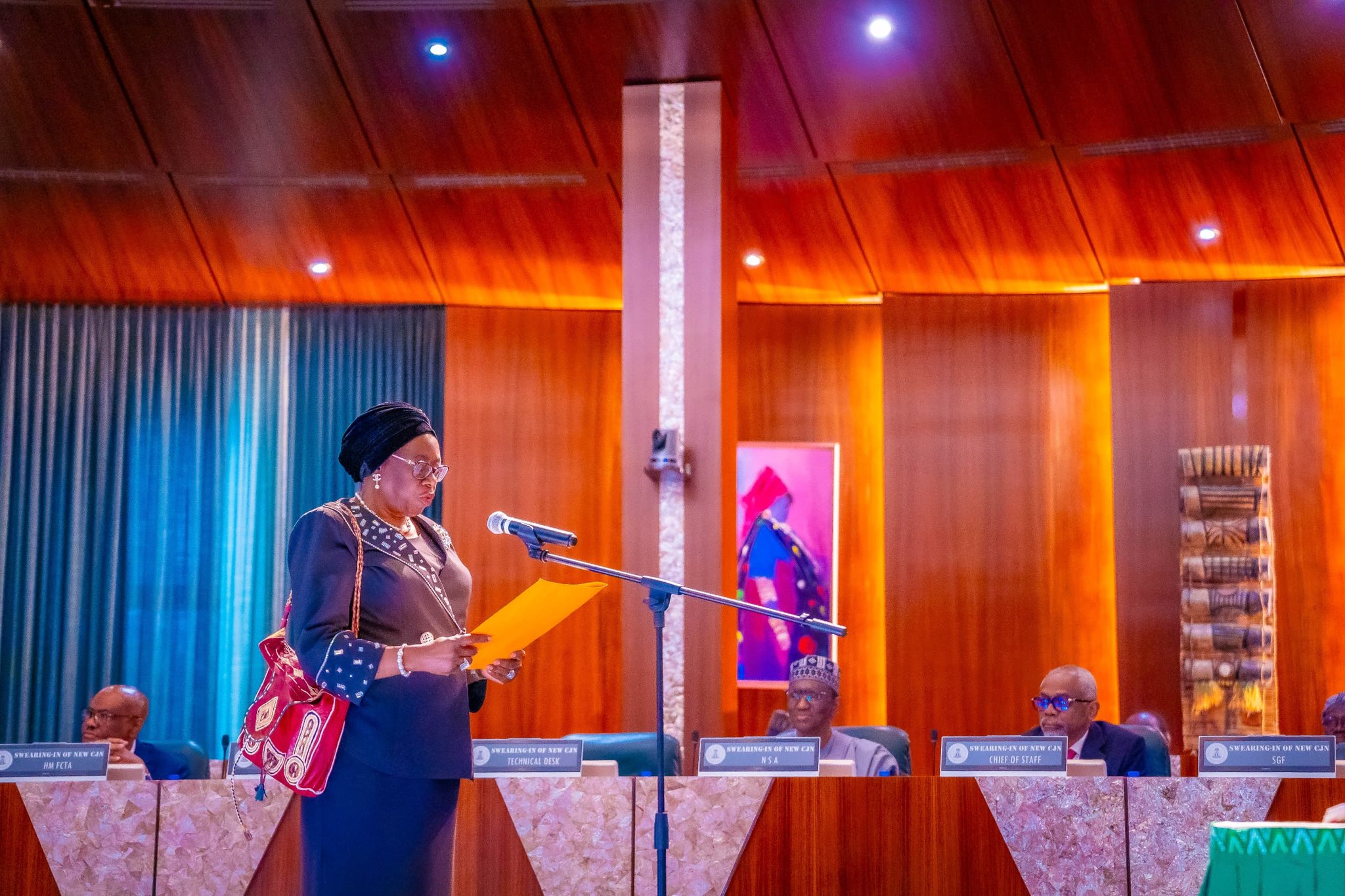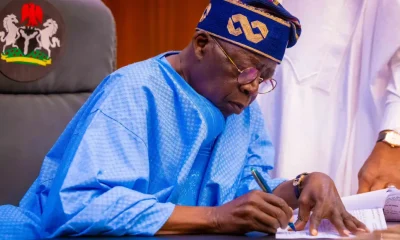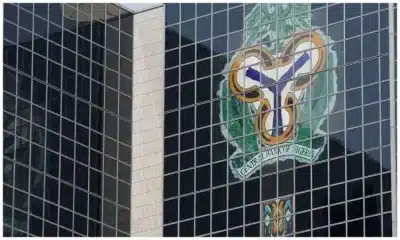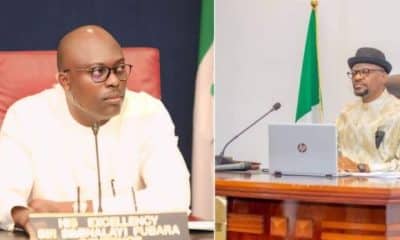Nigeria News
Tension Hits Judges As NJC, CJN To Meet Over 55 Petitions

The National Judicial Council (NJC), chaired by Chief Justice of Nigeria, Justice Kudirat Kekere-Ekun, is poised to convene a significant meeting soon to address the reports from various committees that investigated allegations of misconduct against numerous judicial officers.
This upcoming meeting, set to be the first quarterly session chaired by Justice Kekere-Ekun and the final one for the year barring unforeseen events, has sparked considerable tension within the judiciary.
The heightened anxiety follows the new Chief Justice’s recent commitment to holding errant judicial officers accountable.
Established under Section 153 of the 1999 Constitution, the NJC possesses statutory authority to appoint, promote, and discipline judicial officers. According to sources close to the Council, a date for the meeting will be determined once the Chief Justice returns from her official assignment abroad.
Reports indicate that Justice Kekere-Ekun is keen to restore public confidence in the judiciary and is prepared to take swift action against misconduct.
“The Chief Justice is awaiting the committee reports with a strong resolve to act decisively,” a source revealed to Vanguard.
Between May and August 2024, 22 petitions were submitted against 27 judges from federal and state high courts.
These complaints were forwarded to the NJC’s Preliminary Complaints Assessment Committee, which examined each petition and dismissed 18 due to lack of merit, abandonment by petitioners, or subjudice issues.
In addition to this, the NJC established eight separate panels in June 2024 to probe further allegations against another group of judges.
The Preliminary Complaints Assessment Committee reviewed 35 petitions against 33 judicial officers from the Court of Appeal and state high courts, deeming only eight petitions worthy of full investigation.
On August 15, 2024, the NJC set up four more panels to investigate judges against whom prima facie cases had been established. In total, 12 petitions have survived out of the initial 55 and are under active investigation by different NJC panels.
Each panel consists of a chairman and two members and has sent the petitions to the implicated judges for responses, allowing them to defend themselves in writing and, if necessary, through oral representation with legal counsel.
Although the panels were given a deadline of October 31, 2024, to complete their work, some judges, including a high court Chief Judge, requested extensions due to their involvement in multiple petitions. The committees reluctantly granted a 24-hour extension, emphasizing the need for timely responses.
“Once the Chief Justice returns, the NJC’s last quarterly meeting will be scheduled to review these reports. This session will likely mark a new era for judicial accountability,” the source added.
Meanwhile, pressure is mounting on the NJC from senior lawyers over the recent crisis in Rivers State, where two high court judges issued conflicting orders regarding local council elections held on October 5, 2024.
Prominent voices such as Chief Mike Ahamba, SAN, Prof. Awa Kalu, SAN, Prof. Chidi Anselm Odinkalu, and Chief Samuel Jibrin Okutepa, SAN, have condemned the practice of judges competing for jurisdiction in political cases, describing it as damaging to judicial integrity and a threat to the nation’s democracy.
In May 2024, under the tenure of former Chief Justice Olukayode Ariwoola, a similar situation arose in the Kano emirship dispute, where Justices Mohammed Liman, S. Amobeda, and Amina Aliyu issued conflicting orders, resulting in two emirs and a polarized state.
Despite Chief Justice Ariwoola summoning the heads of the concerned courts for explanations, no action was taken, and the judges continued their cases without sanctions.












